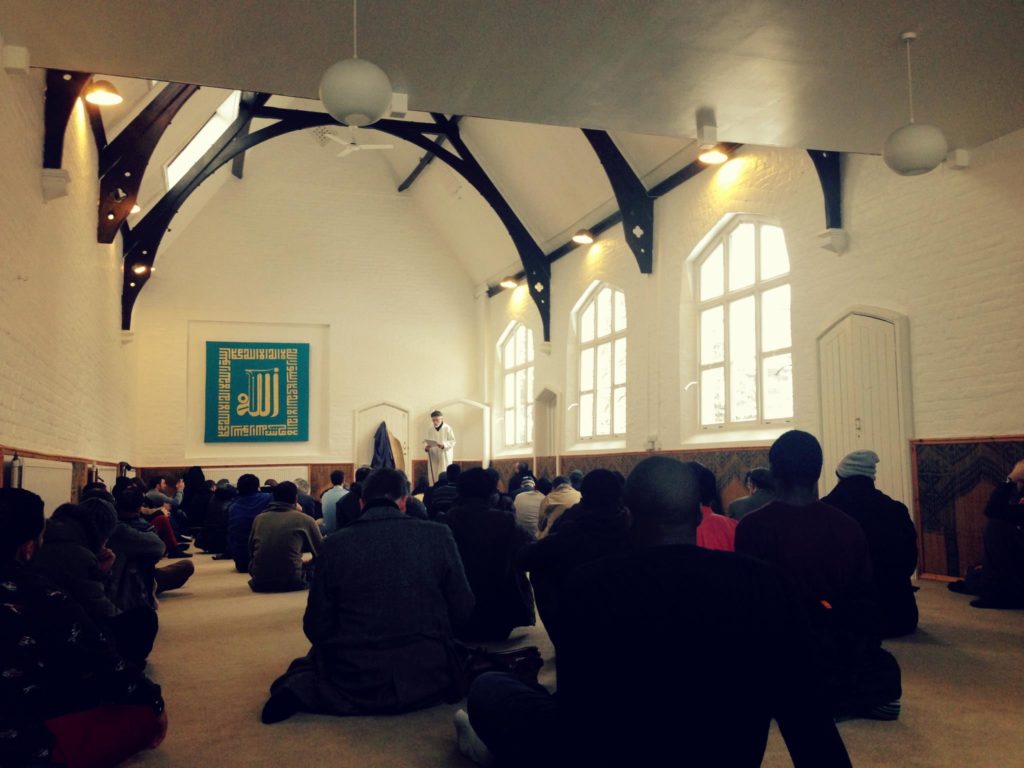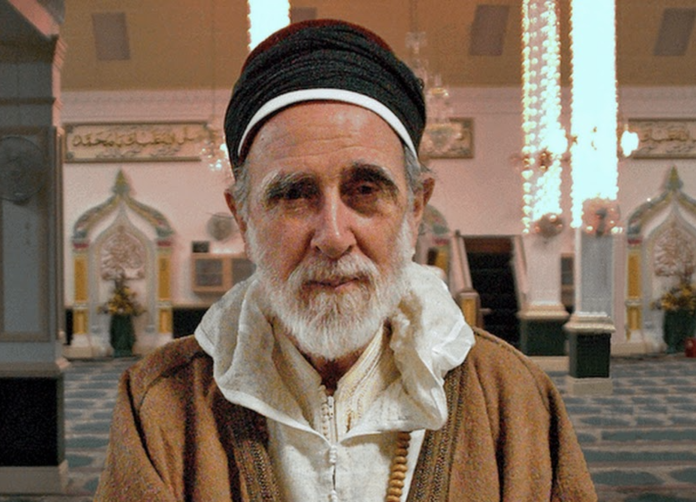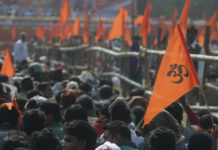The prominent British Muslim Sufi leader, Dr Abdalqadir as-Sufi, has passed away in Cape Town, South Africa.
Born Ian Dallas in Scotland in 1930, Dr Abdalqadir was the leader of the Darqawi-Shadhili-Qadiri tariqa and the Murabitun movement.
He wrote several books and was instrumental in the founding of mosques in Norwich in England, Granada in Spain, Cape Town in South Africa, San Cristobal in Mexico and Stralsund in Germany.
Dr Abdalqadir converted to Islam in 1967 at the hands of the imam of the Qarawiyyin Mosque in Fez, Morocco.
Before his conversion to Islam, he had been an actor and playwright, even appearing in Federico Fellini’s Oscar-winning film 8½.
Over the years Dr Abdalqadir was responsible for inspiring thousands of mainly western converts to Islam, and communities of his students can be found across the world. Among his students include Shaykh Hamza Yusuf, Shaykh Abdalhaqq Bewley and many others who have all made major contributions to da’wah and Islamic scholarship.

His writing encompasses well over 20 books, as well as many essays and articles. Perhaps most notable has been his call for the proper implementation of zakat, a return to just forms of trade, and the revival of Imam Malik’s legal school.
Subscribe to our newsletter and stay updated on the latest news and updates from around the Muslim world!
He also initiated the translation and publication of translations of the Qur’an into various languages, as well as numerous classical works of Islam, including the Muwatta of Imam Malik and Ash-Shifa of Qadi ‘Iyad.
The British Muslim writer and academic, Yahya Birt, said Dr Abdalqadir had died peacefully in his sleep on Sunday.
He added: “Like only a few of his predecessors who had converted to Islam in Britain, Sheikh Abdalqadir not only embraced the religion (in 1967 at the Qarawiyyin in Fez) but undertook to make the British peoples aware of Islam, and in more than fifty years of unstinting effort he spread the message of the primordial Islam of Medina, the first realised Muslim community, with clarity, commitment and frankness.
“Hundreds if not thousands came to Islam through his hands. Sheikh Abdalqadir and the worldwide movement he established lay at the conjuncture between Islam and the countercultural movement of the 1960s; in a way, it was a radical return to tradition that had turned full circle…
“Two other elements remained distinct in his critique of secular modernity: his insistence that traditional Islam could only be truly revived with its political and economic foundations intact and integral to its spiritual heart. He was no quietist Sufi but a prophetic voice who was often prepared to stand up for the truth regardless of how much it would irk the liberal elites.”






















